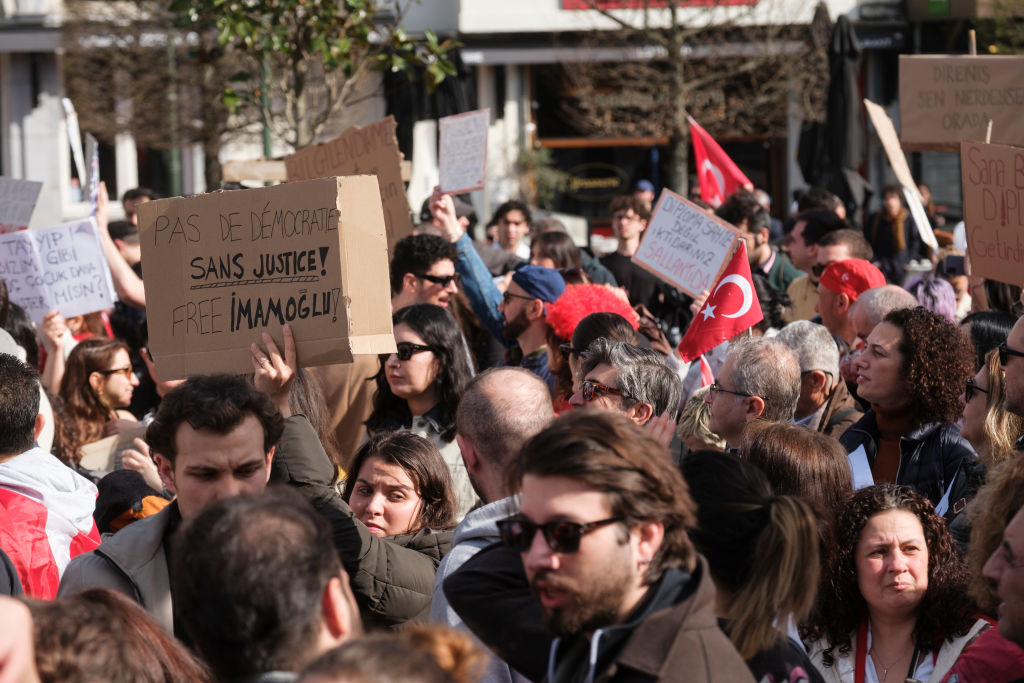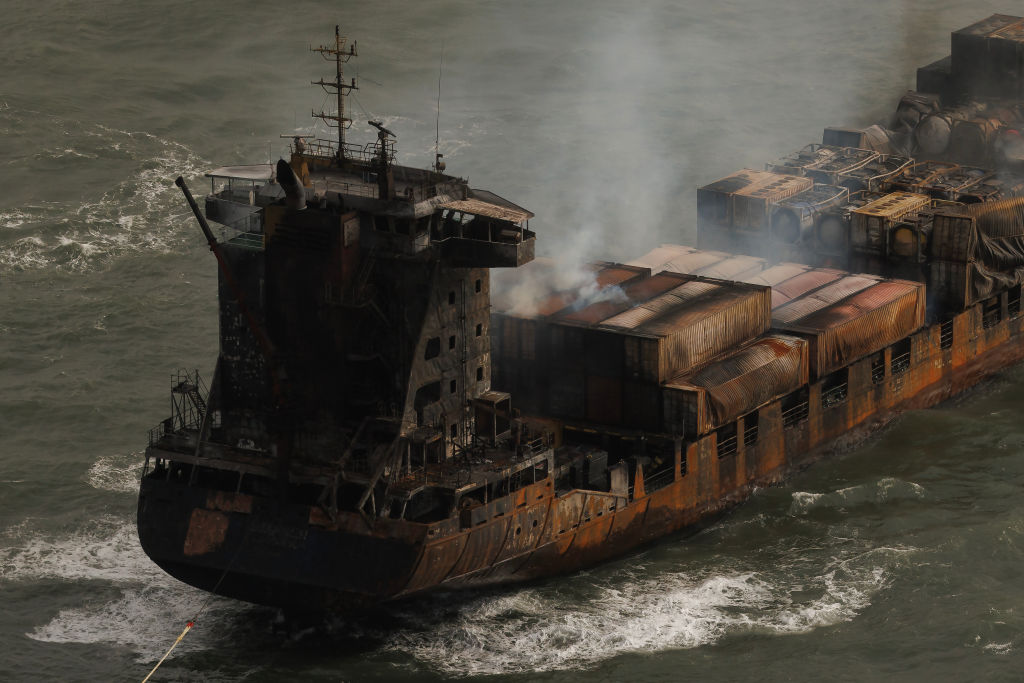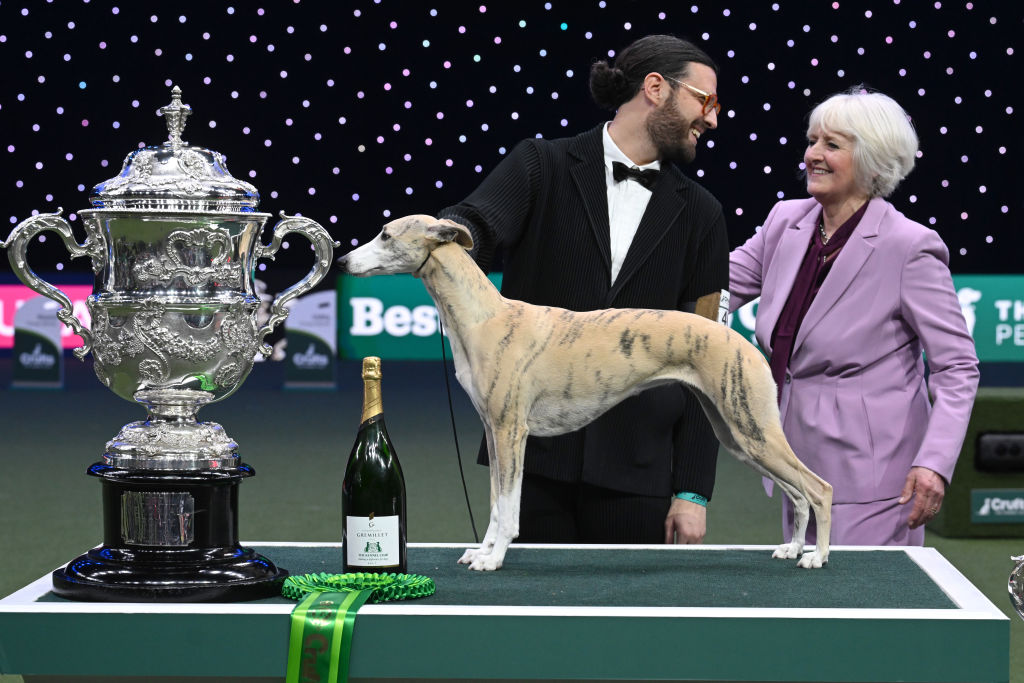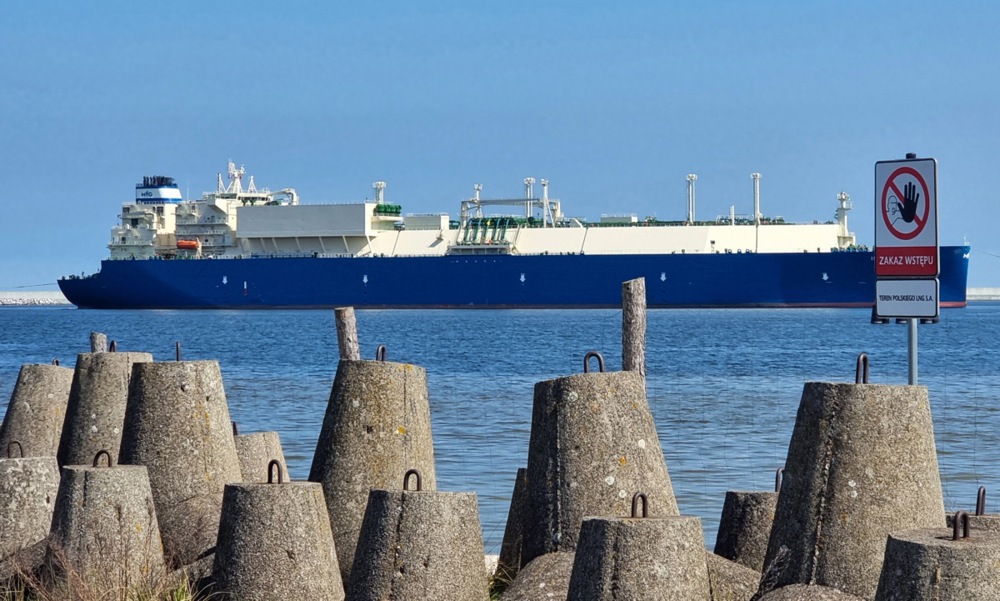US President Donald Trump and Italian Prime Minister Giorgia Meloni have each expressed confidence that the US and Europe would be able to negotiate a trade deal before his 90-day pause on some tariffs ends.
The 27-nation European Union faces 25 per cent import tariffs on steel, aluminium and cars and broader tariffs on almost all other goods under Trump’s policy to hit countries he said imposed high barriers on US imports.
On April 17, after talks with Meloni, the President said he was 100 per cent certain of an eventual trade deal with Europe, the most confidence he has expressed on those negotiations since rattling world markets with his tariff announcements.
“Of course there will be a trade deal, very much. They want to make one very much. And we are going to make a trade deal. I fully expect it. And it will be a fair deal,” Trump told reporters in the Oval Office after discussions with the Italian PM, who has become a close ally.
Meloni, positioning herself as an intermediary between the US and Europe, was equally confident.
She noted, though, that she could not lock in a deal for the full EU but said frank negotiations could help resolve trade disputes that have strained US-European ties.
“I am sure we can make a deal and I am here to help with that,” Meloni said after the talks with Trump.
He has offered to make trade deals with as many nations as possible to limit the impact of Washington’s tariffs. Asked about what countries were on his priority list, he said: “Everybody is on my priority list.”
He also said he expected to make a trade deal with China.
While Trump was cool with many European leaders, he and Conservative Meloni have bonded. She was the only EU leader invited to the President’s inauguration in January and he praised her leadership during their get together on April 17.
“Our relationship is great,” he said.
After the lunch meeting, Trump and Meloni sat side by side in the Oval Office and fielded questions during a lengthy session.
They both talked up their tough stances against diversity and inclusion policies, as well as migration. Meloni, who will host US Vice President JD Vance in Rome on April 18, said Trump had accepted her invitation to visit Italy in the near future.
“I want to thank President Trump for having accepted an invitation to pay an official visit to Rome in the near future and consider the possibility, on that occasion, to meet also with Europe,” Meloni said, speaking next to the US leader.
Trump called Meloni a “very special person” and “a friend” who “has taken Europe by storm”, while the Italian leader said they both shared the fight against “woke” ideology.
The President apparently so enjoyed Meloni’s long answer in Italian to one question that he declared: “That was so beautiful,” and insisted on hearing the translation.
European Commission President Ursula von der Leyen has so far not been given a meeting with him, meaning that she has to rely on others to promote EU interests.
Earlier in April, Meloni had called Trump’s tariffs “wrong” but, during the meeting with him, she said she was at the White House to make the West “stronger”.
Some in Europe feared that she could have been using the meeting only to defend her national interests rather than representing the whole 27-nation bloc.
She said Italy would have to increase its imports of liquified natural gas (LNG) and that Italian firms would invest billions of dollars in the US in the coming years.
Meloni denied the talks with Trump involved a possible deal between US billionaire Elon Musk’s Starlink and Rome for encrypted satellite communications but said Italy would work with the US on Mars missions.
Trump’s move to pause most global tariffs for 90 days on April 9 had eased some pressure on Meloni’s visit.
She has been facing pressure at home to protect Italy’s export-driven economy, which last year ran a €40 billion trade surplus with the US.
Meloni also told reporters she expected Italy would announce at the next NATO meeting in June that her country would be able to reach the alliance requirement that each member nation spend 2 per cent of gross domestic product on defence.
Highly indebted Italy’s projected defence budget for 2024 was 1.49 per cent of GDP, NATO figures showed, below the military alliance’s current 2 per cent target that Trump said he wanted raised to 5 per cent.





